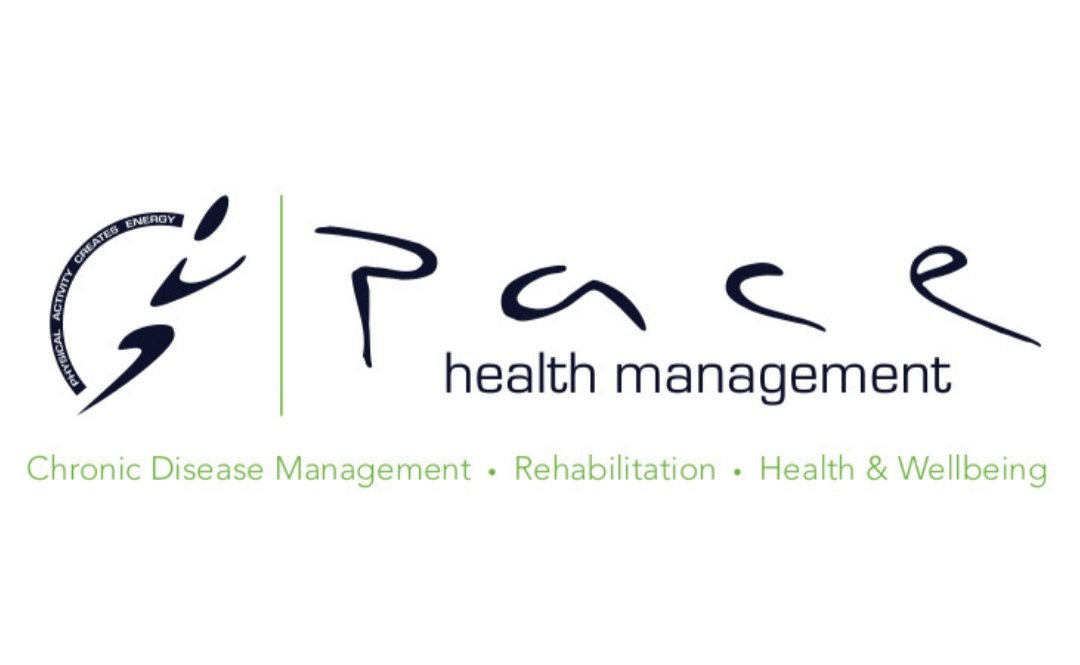Movement to Support Intellectual and Developmental Disabilities
Intellectual and developmental disabilities include a range of different disorders, which are generally characterised by limitations in intellectual function and adaptive behaviours.
Those diagnosed with an intellectual or developmental disability have an increased risk of developing secondary health conditions, which are often associated with sedentary behaviours.
In saying this, exercise can play a protective role in reducing secondary health risks such as heart disease, type 2 diabetes, osteoporosis, depression, and obesity. Benefits of exercise include improved physical health, intellectual functioning, behaviour, self-confidence and improved mental health and well-being.
We also see that exercise helps to improve motor control patterns, balance and coordination skills.
Participation in physical activity promotes the development of social skills, encourages independence improves sleep, concentration, academic performance, and self-esteem and helps to maintain a healthy body weight.
AT Pace HM we work with a range of clients to help them use exercise as medicine, if you would like to talk to us about a specific case, call our friendly team today!
